Pioneering Women Educators – A Brief Look at Education and Women
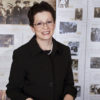
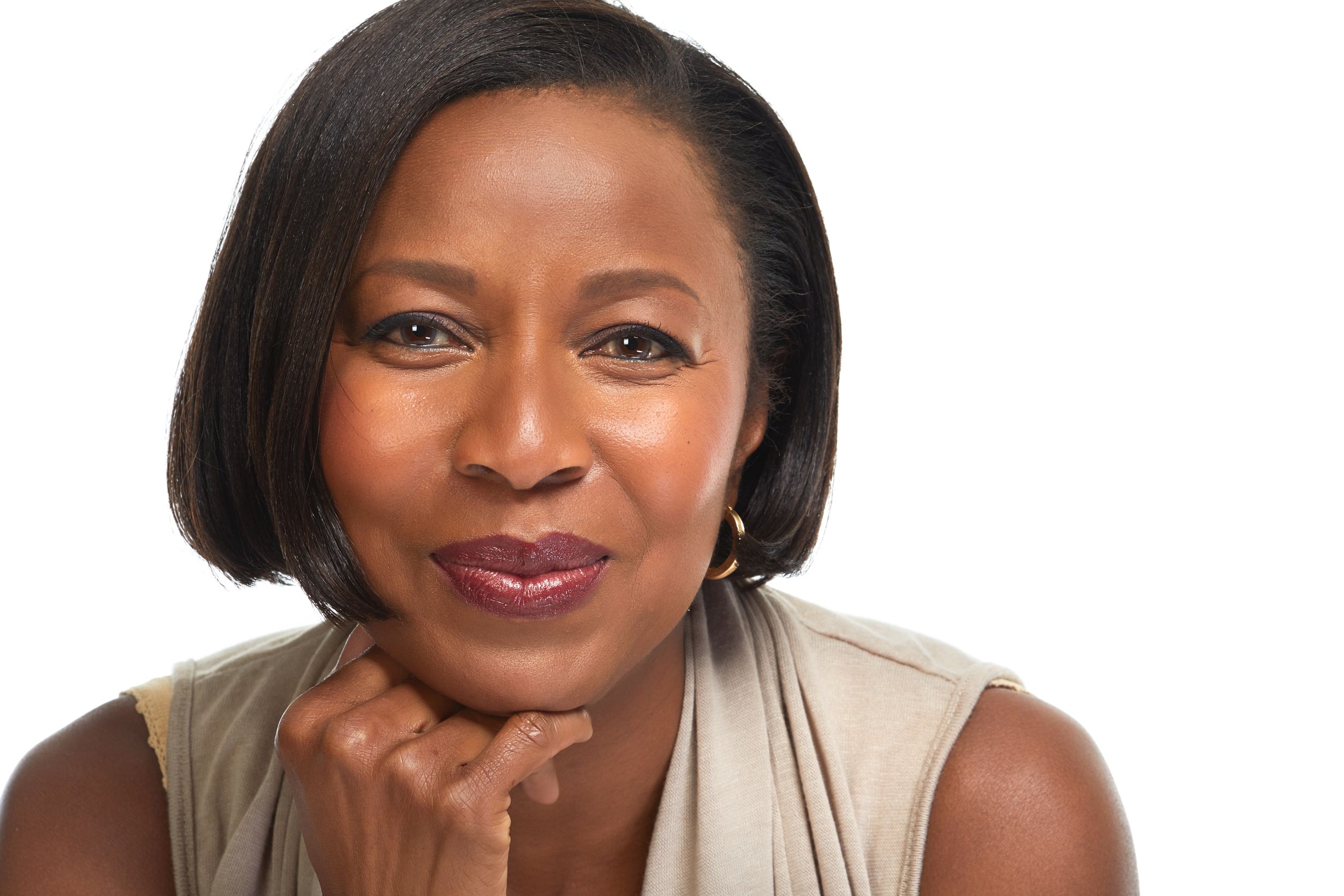
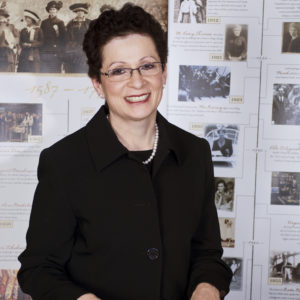
Jill S. Tietjen, PE, is an author, national speaker, and…
At the time of the landing at Jamestown, the arrival of the Pilgrims, through the Revolutionary War and into the 1800s, public education as we know it today in the United States did not exist. Although institutions of higher education such as Harvard University were founded as early as 1636, these institutions did not admit women. Women decided to take the matter of education into their own hands, ensuring that girls were taught more than the necessary household skills of cooking and sewing. Some established what were called “dame” schools. Others established Sunday Schools, kindergartens and the forerunners of today’s public schools. Let’s learn about some of those educational pioneers.
 Born into slavery with her mother sold when she was eight years old, Catherine (Katy) Ferguson grew up in New York City, determined to be free and to help improve the world and people’s lives. She was able to earn her way out of slavery and live her mission of making the world a better place. In addition to making the best wedding cakes in town, Ferguson established a Sunday School that eventually was housed in the basement of her church – the Murray Street Sabbath School. She also fostered 48 children, twenty of them white, and found them good homes. When she died in 1854, her obituary in the New York Daily Tribune said “Thousands in this community have heard of or known Katy Ferguson. . . the celebrated cake-maker for weddings and other social parties. But many . . . may be ignorant of the extraordinary good deeds which crowned her life.”
Born into slavery with her mother sold when she was eight years old, Catherine (Katy) Ferguson grew up in New York City, determined to be free and to help improve the world and people’s lives. She was able to earn her way out of slavery and live her mission of making the world a better place. In addition to making the best wedding cakes in town, Ferguson established a Sunday School that eventually was housed in the basement of her church – the Murray Street Sabbath School. She also fostered 48 children, twenty of them white, and found them good homes. When she died in 1854, her obituary in the New York Daily Tribune said “Thousands in this community have heard of or known Katy Ferguson. . . the celebrated cake-maker for weddings and other social parties. But many . . . may be ignorant of the extraordinary good deeds which crowned her life.”
 With an upbringing significantly different from Catherine Ferguson’s, Elizabeth Gratz grew up in Philadelphia in a wealthy family. She became a significant philanthropist involved in the founding of many organizations including the Female Association for the Relief of Women and Children in Reduced Circumstances, the Philadelphia Orphan Asylum and the Female Hebrew Benevolent Society (FHBS). An offshoot of the FHBS was the establishment in 1838 of the Hebrew Sunday School. Gratz served as superintendent, 50 students were enrolled, and Jewish education was delivered through the Sunday School format. In 1993, the successor organization to the Hebrew Sunday School was merged with another organization in Philadelphia to form the Community Hebrew Schools of Greater Philadelphia. Gratz’s model is said to “provide the basic structure of supplemental Jewish education in the United States.”
With an upbringing significantly different from Catherine Ferguson’s, Elizabeth Gratz grew up in Philadelphia in a wealthy family. She became a significant philanthropist involved in the founding of many organizations including the Female Association for the Relief of Women and Children in Reduced Circumstances, the Philadelphia Orphan Asylum and the Female Hebrew Benevolent Society (FHBS). An offshoot of the FHBS was the establishment in 1838 of the Hebrew Sunday School. Gratz served as superintendent, 50 students were enrolled, and Jewish education was delivered through the Sunday School format. In 1993, the successor organization to the Hebrew Sunday School was merged with another organization in Philadelphia to form the Community Hebrew Schools of Greater Philadelphia. Gratz’s model is said to “provide the basic structure of supplemental Jewish education in the United States.”
 In 1831, Prudence Crandall opened a school for the daughters of wealthy farmers in Canterbury, Connecticut. When she admitted Sarah Harris, an African-American woman who wished to become a teacher, the parents of her other students were outraged and withdrew their daughters. She closed the school and recruited free black students from New York, Philadelphia and Boston in order to reopen. The state of Connecticut passed a law making it illegal to educate African-American students from out of state. Crandall was arrested, endured two court trials and convicted, although her conviction was overturned on appeal. The townspeople made it too difficult for her to continue operating her school and she moved out of state. In 1886, the Connecticut legislature awarded her a pension for her courage and moral strength. She was named the State Heroine in 1995. On the campus of Howard University, in Washington, DC, in the Harriet Tubman quadrangle, Crandall Hall, a residence hall, is named in her honor.
In 1831, Prudence Crandall opened a school for the daughters of wealthy farmers in Canterbury, Connecticut. When she admitted Sarah Harris, an African-American woman who wished to become a teacher, the parents of her other students were outraged and withdrew their daughters. She closed the school and recruited free black students from New York, Philadelphia and Boston in order to reopen. The state of Connecticut passed a law making it illegal to educate African-American students from out of state. Crandall was arrested, endured two court trials and convicted, although her conviction was overturned on appeal. The townspeople made it too difficult for her to continue operating her school and she moved out of state. In 1886, the Connecticut legislature awarded her a pension for her courage and moral strength. She was named the State Heroine in 1995. On the campus of Howard University, in Washington, DC, in the Harriet Tubman quadrangle, Crandall Hall, a residence hall, is named in her honor.
 Abolitionist and educator Myrtilla Miner viewed education as the key to ending slavery. After teaching in Rhode Island and Mississippi, she opened a school for African-American girls in 1851 in Washington, DC. In 1853, she found a permanent home for the Normal School for Colored Girls. Before the Civil War, hers was the only school that offered education beyond the elementary level for African-American girls. The subject of constant harassment, even from city leaders, one of her students said that Miner was the “one of the bravest women I have ever known.” The University of the District of Columbia traces its history back to Miner’s Normal School. Today, an elementary school in the District of Columbia is named in her honor.
Abolitionist and educator Myrtilla Miner viewed education as the key to ending slavery. After teaching in Rhode Island and Mississippi, she opened a school for African-American girls in 1851 in Washington, DC. In 1853, she found a permanent home for the Normal School for Colored Girls. Before the Civil War, hers was the only school that offered education beyond the elementary level for African-American girls. The subject of constant harassment, even from city leaders, one of her students said that Miner was the “one of the bravest women I have ever known.” The University of the District of Columbia traces its history back to Miner’s Normal School. Today, an elementary school in the District of Columbia is named in her honor.
 A woman with many interests, Elizabeth Peabody opened the first English-language kindergarten in the U.S. in Boston, Massachusetts in 1860. Peabody was a teacher and a writer who owned a bookstore where Margaret Fuller held her “Conversations” starting in 1839 – where women could engage in conversations on diverse topics. Peabody also served as the publication manager of The Dial, a magazine of the Transcendental Movement for a while. Her belief that children’s play had fundamental educational and other values led her to open the kindergarten after meeting a student who had attended kindergarten in Germany and then visiting the German school herself. Her statement to the U.S. Congress in 1897 in support of free kindergartens reads: The advantage to the community in utilizing the age from 4 to 6 in training the hand and eye; in developing the habits of cleanliness, politeness, self-control, urbanity, industry; in training the mind to understand numbers and geometric forms, to invent combinations of figures and shapes, and to represent them with the pencil—these and other valuable lessons… will, I think, ultimately prevail in securing to us the establishment of this beneficent institution in all the city school systems of our country.
A woman with many interests, Elizabeth Peabody opened the first English-language kindergarten in the U.S. in Boston, Massachusetts in 1860. Peabody was a teacher and a writer who owned a bookstore where Margaret Fuller held her “Conversations” starting in 1839 – where women could engage in conversations on diverse topics. Peabody also served as the publication manager of The Dial, a magazine of the Transcendental Movement for a while. Her belief that children’s play had fundamental educational and other values led her to open the kindergarten after meeting a student who had attended kindergarten in Germany and then visiting the German school herself. Her statement to the U.S. Congress in 1897 in support of free kindergartens reads: The advantage to the community in utilizing the age from 4 to 6 in training the hand and eye; in developing the habits of cleanliness, politeness, self-control, urbanity, industry; in training the mind to understand numbers and geometric forms, to invent combinations of figures and shapes, and to represent them with the pencil—these and other valuable lessons… will, I think, ultimately prevail in securing to us the establishment of this beneficent institution in all the city school systems of our country.
Women contribute to our lives in so many ways, including as pioneers in education. The women profiled above and many other women, almost all of them women we have not heard about and not learned about in school across all fields of endeavor, are profiled in our book, Her Story: A Timeline of the Women Who Changed America. Help us by continuing to tell women’s stories and write women back into history!
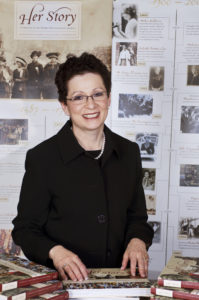 Jill S. Tietjen, PE, is an author, national speaker, and an electrical engineer. After 40 years in the electric utility industry, her professional focus is now on women’s advocacy, worldwide. She blogs for The Huffington Post, speaks nationally on the accomplishments of women, nominates women for awards, and continues to write books (8 published to date), following in the footsteps of her bestselling and award-winning book, Her Story: A Timeline of the Women Who Changed America (written with Charlotte Waisman). She is a frequent keynote speaker as her positive energy and her ability to relate to the audience result in inspired and energized listeners. The recipient of many awards, her induction into the Colorado Women’s Hall of Fame in 2010 remains one of her most treasured.
Jill S. Tietjen, PE, is an author, national speaker, and an electrical engineer. After 40 years in the electric utility industry, her professional focus is now on women’s advocacy, worldwide. She blogs for The Huffington Post, speaks nationally on the accomplishments of women, nominates women for awards, and continues to write books (8 published to date), following in the footsteps of her bestselling and award-winning book, Her Story: A Timeline of the Women Who Changed America (written with Charlotte Waisman). She is a frequent keynote speaker as her positive energy and her ability to relate to the audience result in inspired and energized listeners. The recipient of many awards, her induction into the Colorado Women’s Hall of Fame in 2010 remains one of her most treasured.
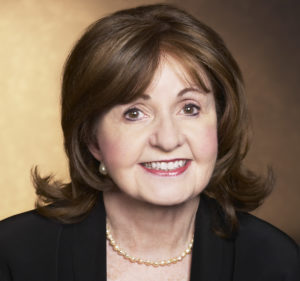 Charlotte S. Waisman, Ph.D. is a national champion and advocate for women as a professor and keynote speaker. A corporate leader, executive coach, and facilitator, she conducts leadership workshops nationally.
Charlotte S. Waisman, Ph.D. is a national champion and advocate for women as a professor and keynote speaker. A corporate leader, executive coach, and facilitator, she conducts leadership workshops nationally.
Author: Jill Tietjen
Jill S. Tietjen, PE, is an author, national speaker, and an electrical engineer. After 40 years in the electric utility industry, her professional focus is now on women’s advocacy, worldwide. She blogs for The Huffington Post, speaks nationally on the accomplishments of women, nominates women for awards, and continues to write books (8 published to date), following in the footsteps of her bestselling and award-winning book, Her Story: A Timeline of the Women Who Changed America (written with Charlotte Waisman). She is a frequent keynote speaker as her positive energy and her ability to relate to the audience result in inspired and energized listeners. The recipient of many awards, her induction into the Colorado Women’s Hall of Fame in 2010 remains one of her most treasured.

Jill S. Tietjen, PE, is an author, national speaker, and an electrical engineer. After 40 years in the electric utility industry, her professional focus is now on women’s advocacy, worldwide. She blogs for The Huffington Post, speaks nationally on the accomplishments of women, nominates women for awards, and continues to write books (8 published to date), following in the footsteps of her bestselling and award-winning book, Her Story: A Timeline of the Women Who Changed America (written with Charlotte Waisman). She is a frequent keynote speaker as her positive energy and her ability to relate to the audience result in inspired and energized listeners. The recipient of many awards, her induction into the Colorado Women’s Hall of Fame in 2010 remains one of her most treasured.


